
Book a Consultation
Thank you!
Your form has been sent successfully.

Kaposi's sarcoma (KS) is a cancer that causes tumors with tiny blood vessels to grow below the skin’s surface (legs, feet or face) and in the mouth, nose, eyes, and anus. In severe cases, the infection may spread to the lungs, liver, stomach, intestines, and lymph nodes, which help the body fight infections.
A Human HerpesVirus (HHV) called ‘human herpesvirus 8’ causes Kaposi Sarcoma, which is also known as Kaposi Sarcoma-Associated Herpesvirus (KSHV). Less than 1% of the general U.S. population is infected by the virus, which belongs to the Epstein-Barr family.
Although the initial infection and spread of the virus are not very well understood, four separate populations have been found to account for the majority of disease cases. Within those communities, there is some evidence regarding how KSHV is acquired and what leads to some carriers of the disease developing Kaposi sarcoma.
KS can be divided into four categories based on the different geographies it develops in:
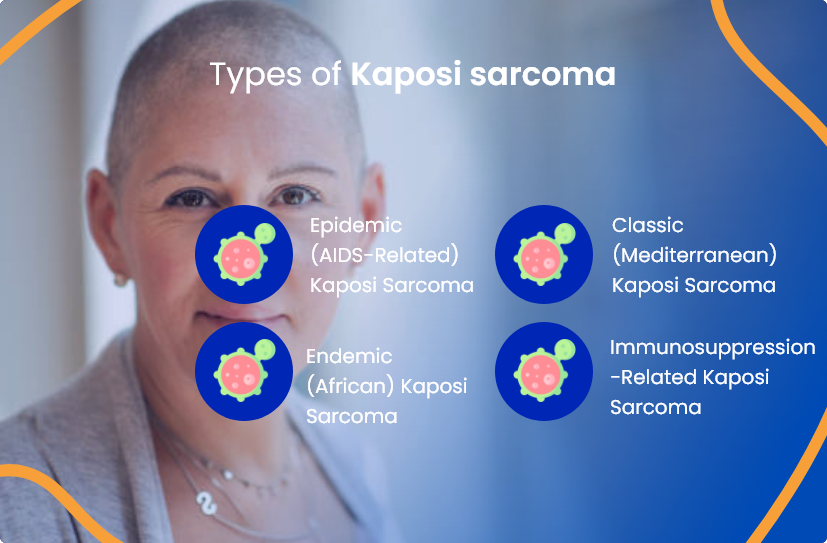
Epidemic or AIDS-associated KS is the most common type of KS in the United States. In Kaposi sarcoma, lesions develop in numerous locations across the body. The liver, spleen, lungs, and digestive tract are just a few of the organs and lymph nodes that could also be affected.
Older males of southern Mediterranean or Eastern European heritage are most frequently affected by classic Kaposi sarcoma, also known as indolent KS. Usually, the legs and feet are the first to show symptoms. The disease develops slowly over time and is not always fatal.
There may be a high prevalence of KSHV infection in some parts of Equatorial Africa, which increases the chance of developing Kaposi sarcoma.
People who have undergone kidney or other organ transplants may develop immunosuppression-related KS. It is associated with immunosuppressive drugs administered to aid the body's integration of a new organ. It might also be connected to the HHV-8-infected donor organ.
Kaposi sarcoma causes a variety of symptoms, depending on which parts of the body are affected.

Cancerous lesions (spots) on the skin that are purple, red, or brown and might have a flat or raised appearance are frequently the earliest symptoms of Kaposi. One or more of these could appear in different places at the same time. Patients often suffer disfigurement because of them. These lesions commonly occur on the legs, feet, and face.

Lesions can develop in the mouth, anus, or anywhere along the gastrointestinal system.

Breathing may become difficult or the patient may cough up blood when lesions develop inside the lungs. Lesions within the gastrointestinal system may result in discomfort and bleeding, resulting in anemia.

Severe swelling in the arms, legs, face, or scrotum can result from lesions that prevent lymphatic fluid from moving freely throughout your body.
Consult a doctor to choose the best course of action. Many people with AIDS-related KS go through antiretroviral therapy.
There are several ways to treat KS, including:
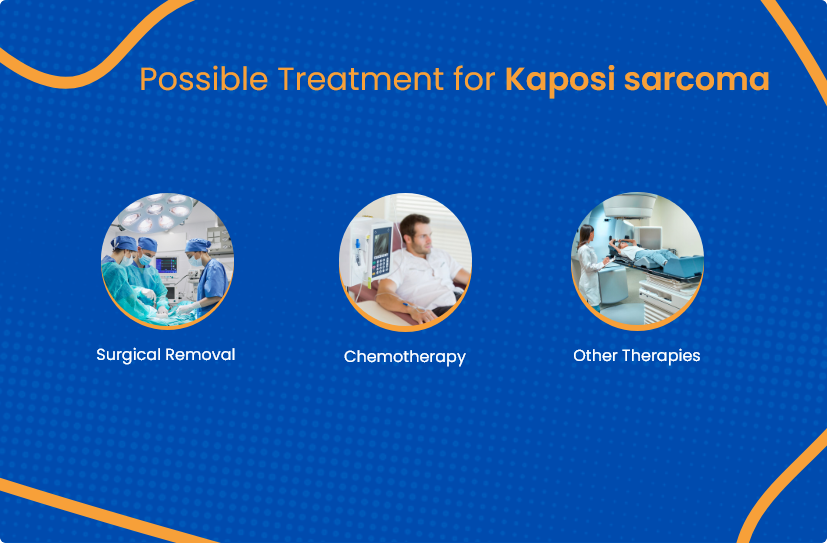
Several surgical procedures are available for the removal of KS tumors. If a patient only has a few minor lesions, surgery may be the only treatment required. Cryotherapy may be used to freeze and kill the tumor. The tumor is burned and killed via electrodesiccation. Since the underlying HHV-8 infection is unaffected by these medicines, they can only treat specific lesions and cannot prevent the emergence of new lesions.
Several patients already have compromised immune systems, so doctors use chemotherapy cautiously when administering it. Doxorubicin lipid complex (Doxil) is the medication used most frequently to treat KS. It is usually reserved for severe skin involvements, internal organ complaints, and small skin lesions that fail to respond to the methods previously mentioned.
The human body naturally produces the protein interferon. If a patient has a healthy immune system, a doctor can inject the medically created version to help them with treatment of KS. Targeted, high-energy rays that are aimed at a specific area of the body are known as radiation. Radiation therapy is only effective when the lesions do not cover a significant portion of the body.
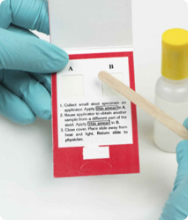
This checks for any blood in stool, which could indicate that KS is damaging the digestive system.
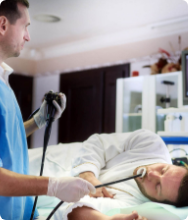
Doctors may recommend a colonoscopy or an endoscopy if a patient experiences pain or discomfort in the stomach.
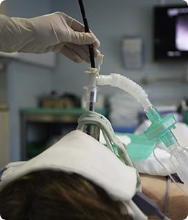
In cases of breathing difficulties, a narrow tube known as a bronchoscope is used to examine the patient's airways.
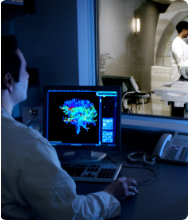
An X-ray or CT scan can determine whether cancer has spread to the lungs, lymph nodes, or other body parts.
Our patients have access to a multispecialty team of professionals at ACTC, who work together in a highly collaborative and coordinated manner to provide all aspects of cancer care in one convenient location in Brooksville, Florida. Our doctors are supported by a clinical team with over two decades of experience and a reputation for providing tailored and supportive cancer care.
The following are our providers who you can consult at ACTC:

MD, Hematology & Oncology

MD, Ph.D., Hematology/ Medical Oncology

MD, Radiation Oncologist

A cancer diagnosis is life-changing. It is therefore vital to have a cancer treatment center that walks with you through the entire treatment cycle. ACTC provides world-class care through its state-of-the-art technology and experienced cancer specialists. At every stage of the treatment process, from staging to long-term follow-up, we ensure that our patients do not face any hurdles.
Schedule a consultation by calling
 352-345-4565
352-345-4565
One of the most common cancers to affect patients with HIV is Kaposi's sarcoma. If left untreated, it can advance very quickly.
Kaposi sarcoma (KS) is caused by cancerous cells that line lymphatic or blood vessels, giving rise to the disease. Dr. Moritz Kaposi gave KS its name when he first characterized it in 1872.
Lesions may slowly form over 10 to 15 years in classic Kaposi sarcoma, which affects men more frequently than women.
Schedule a consultation by calling
 352-345-4565
352-345-4565